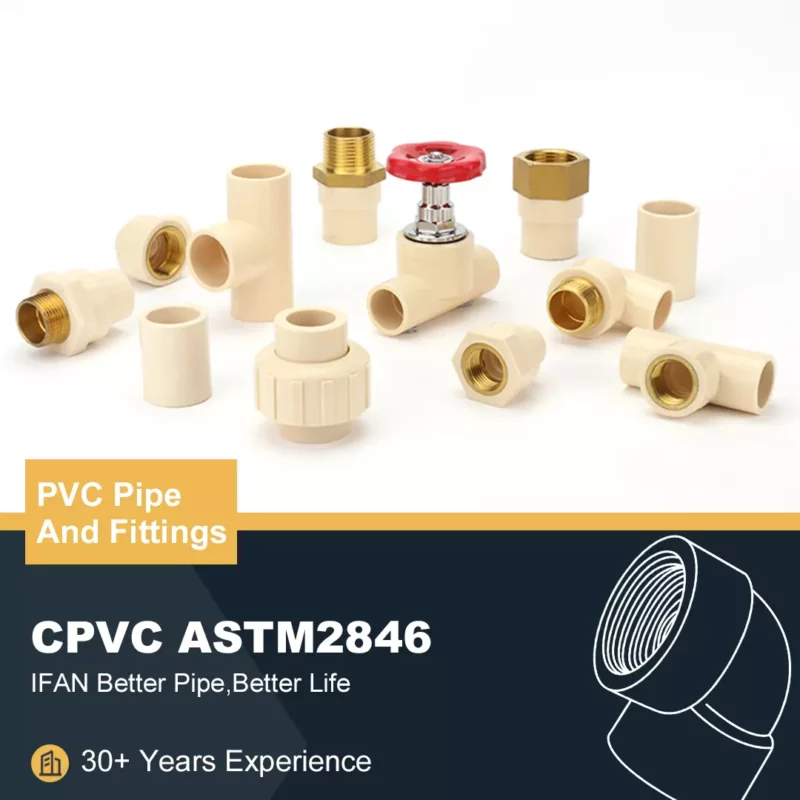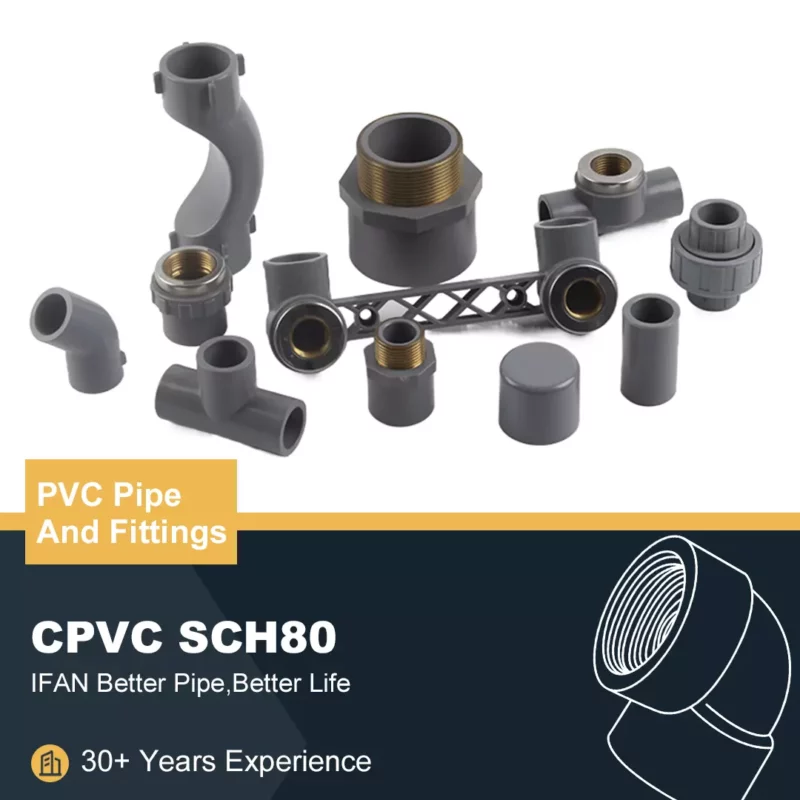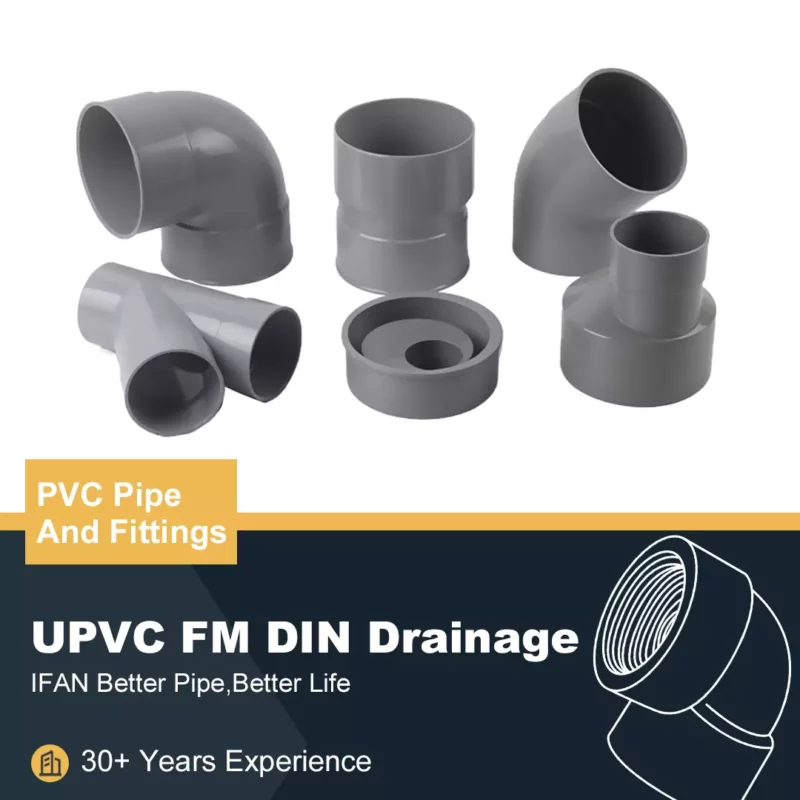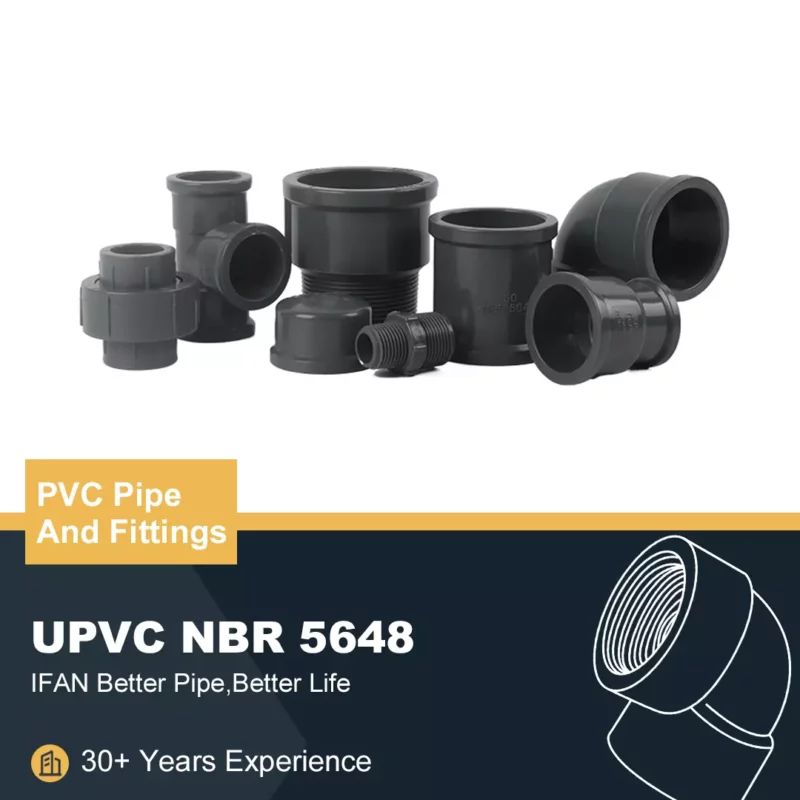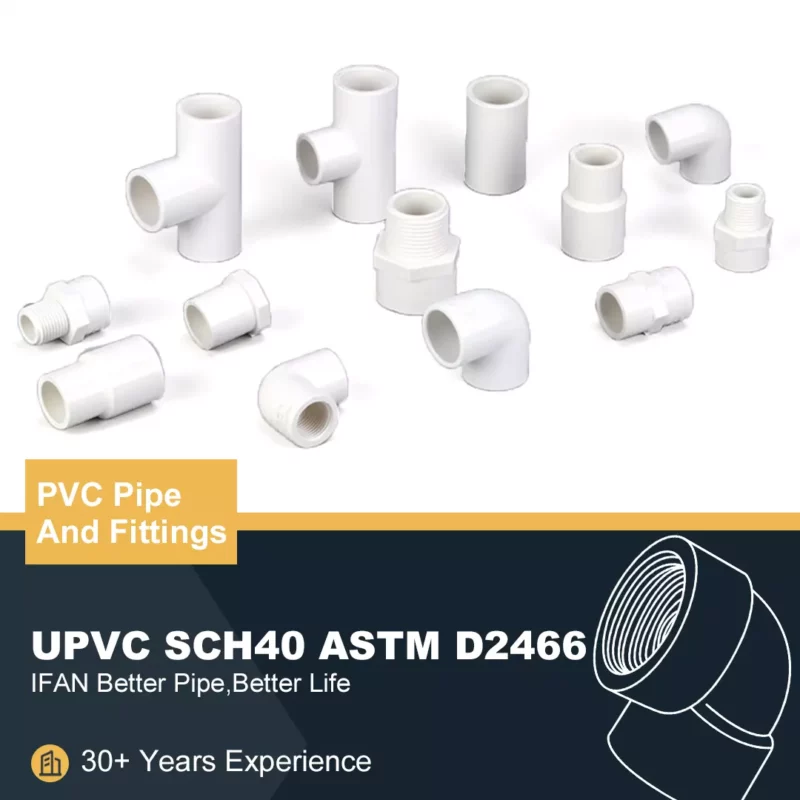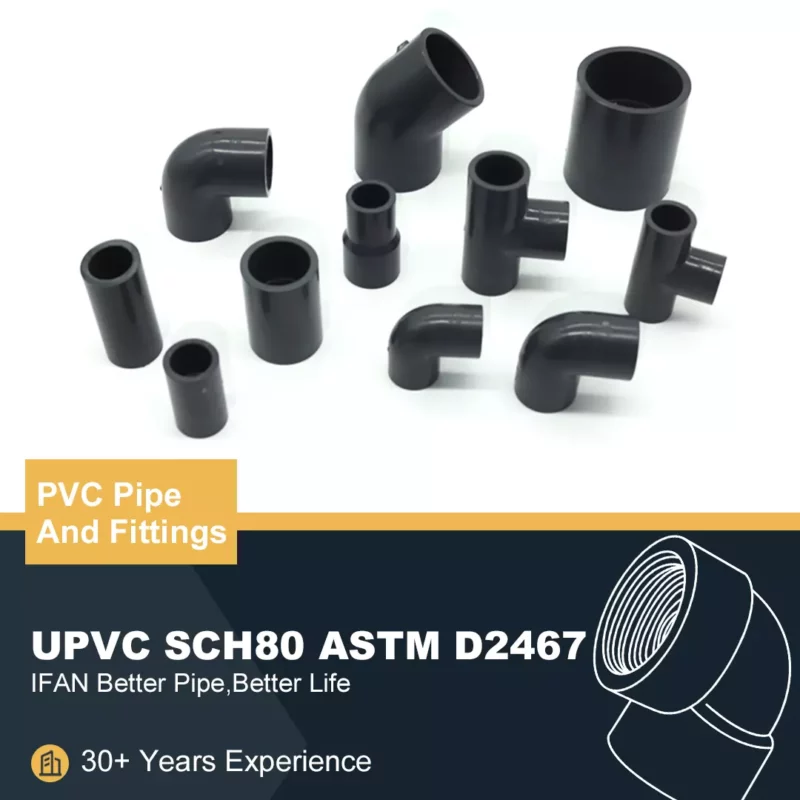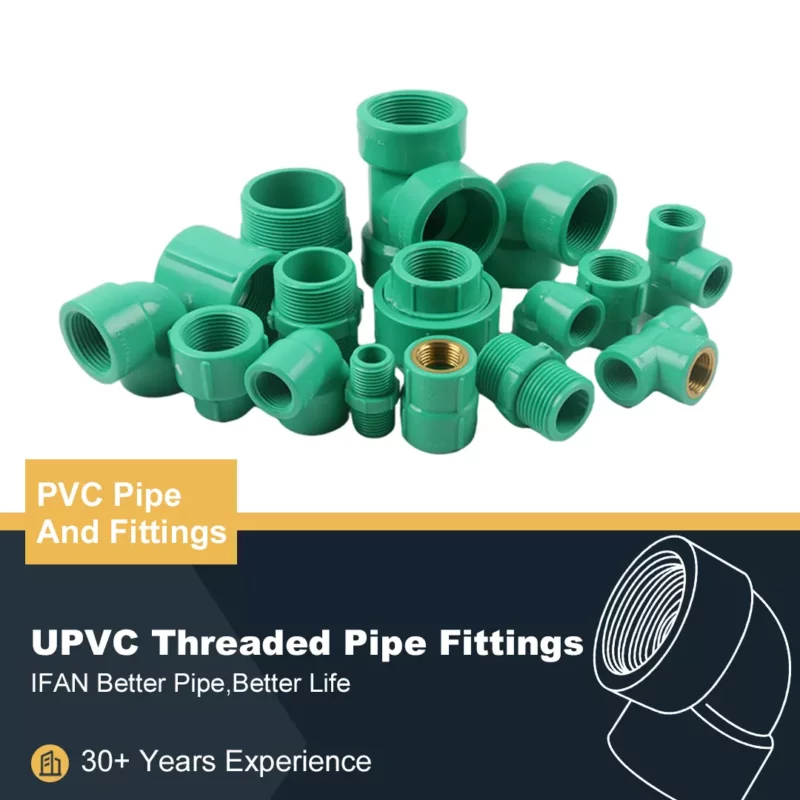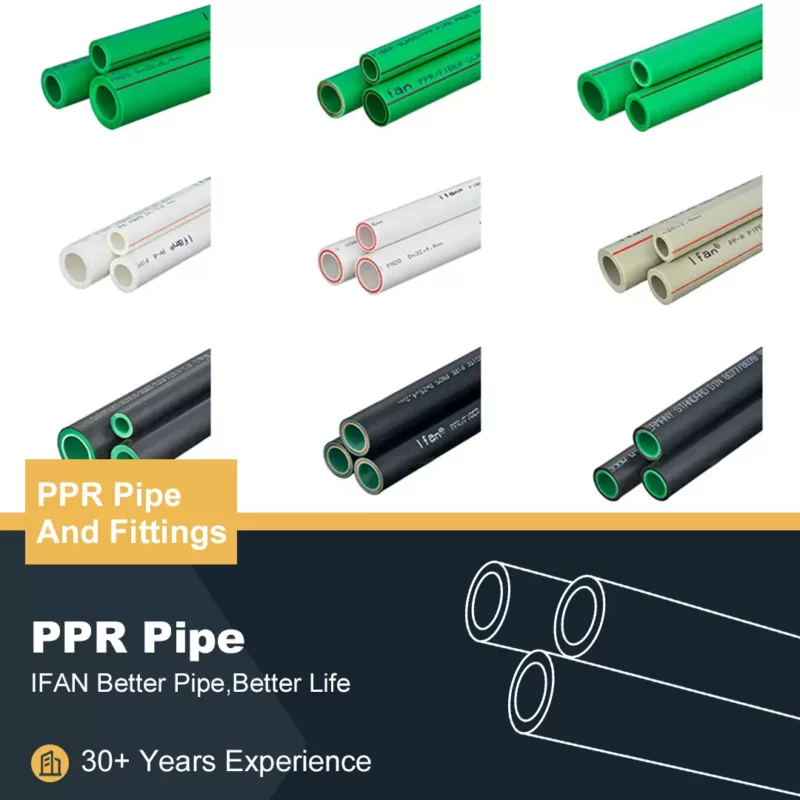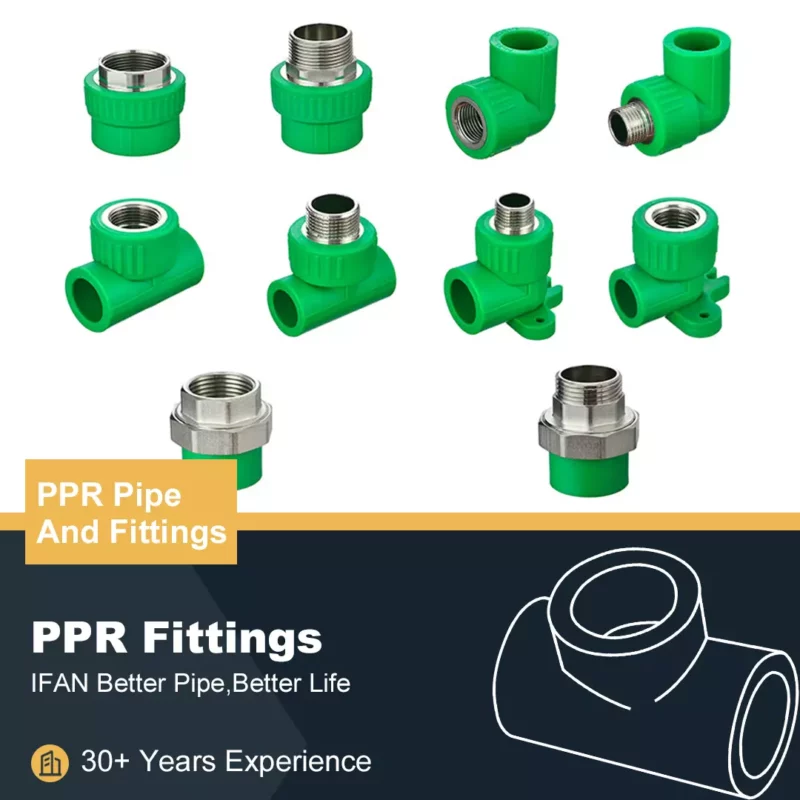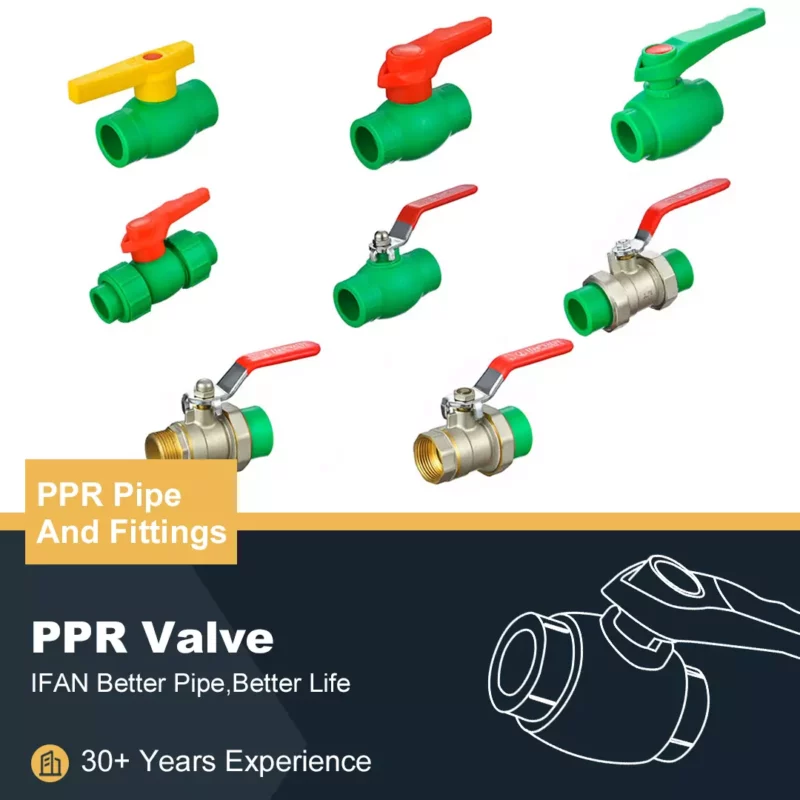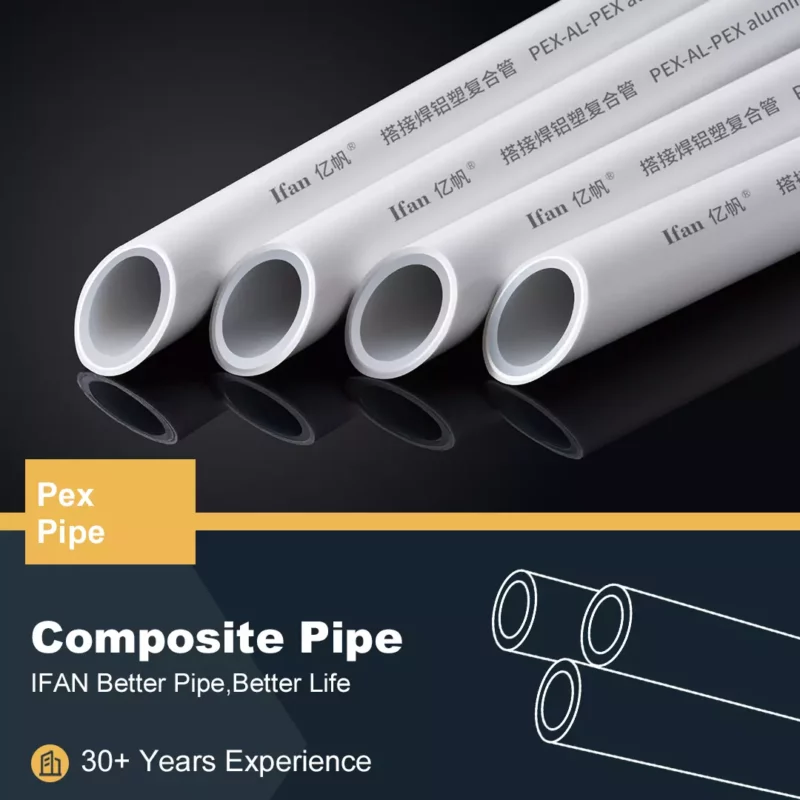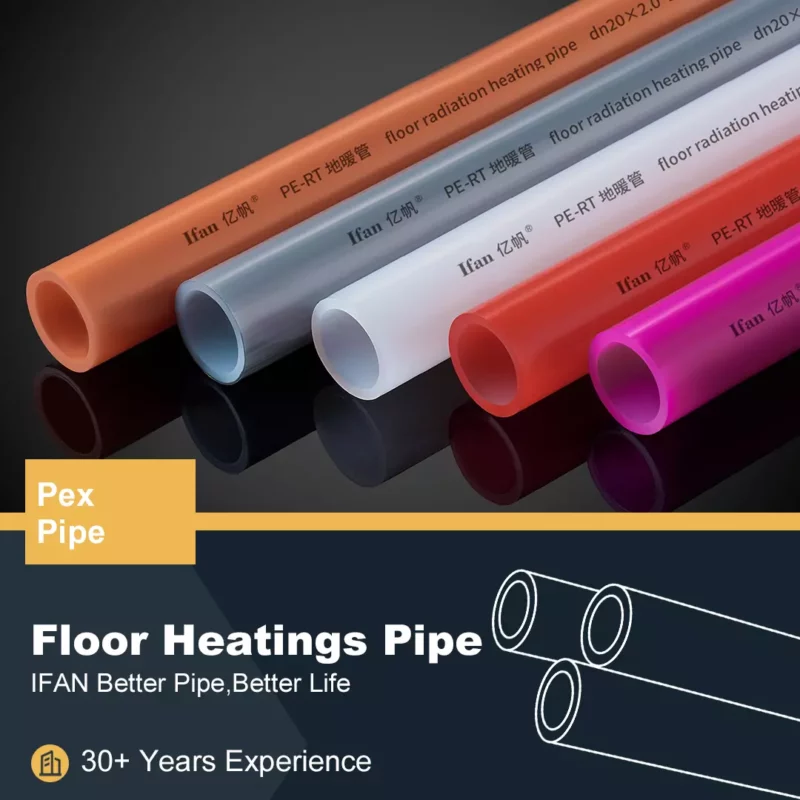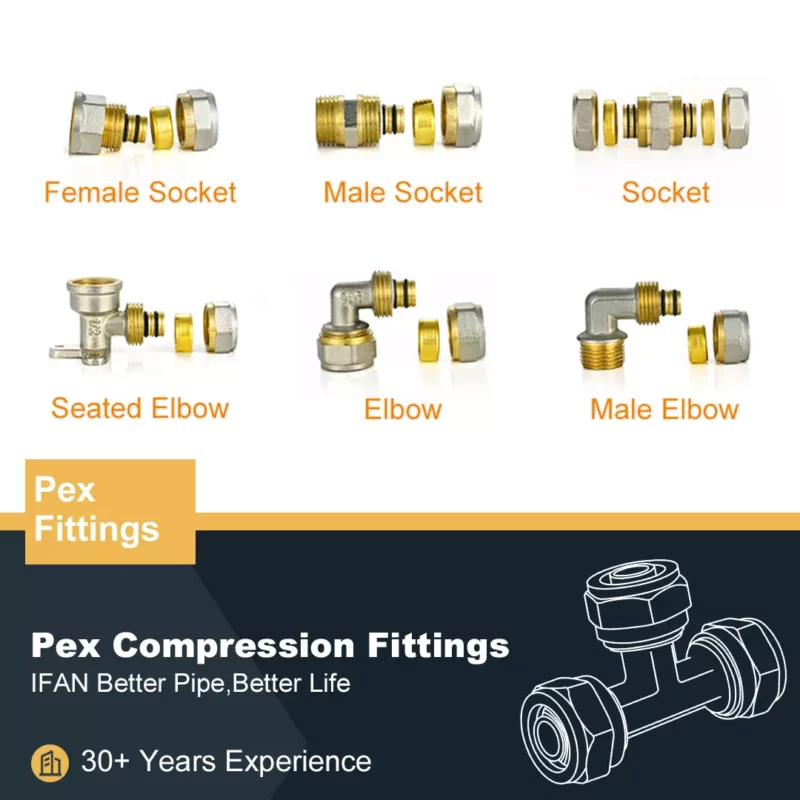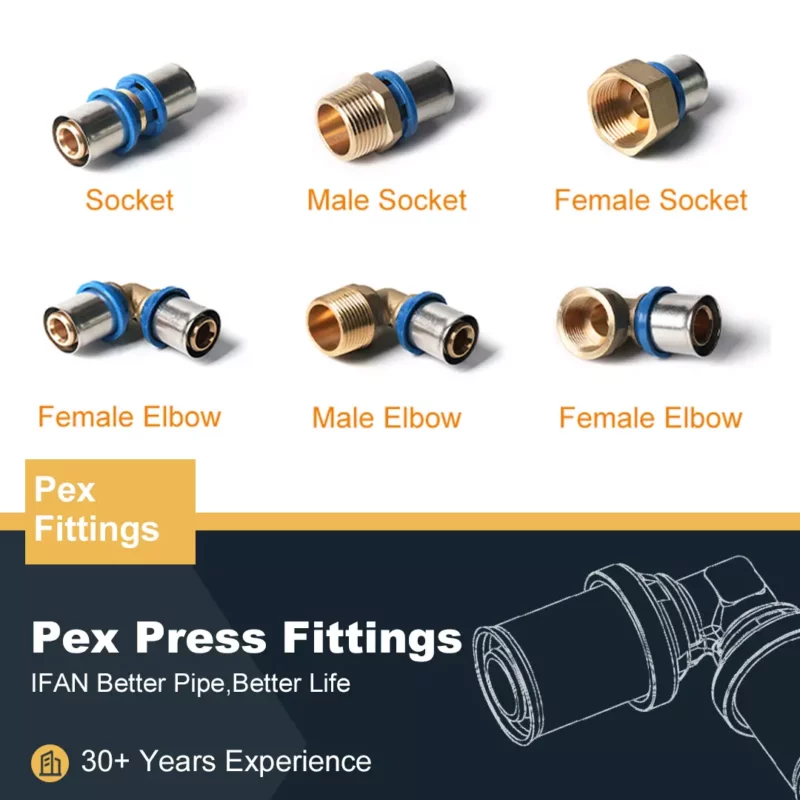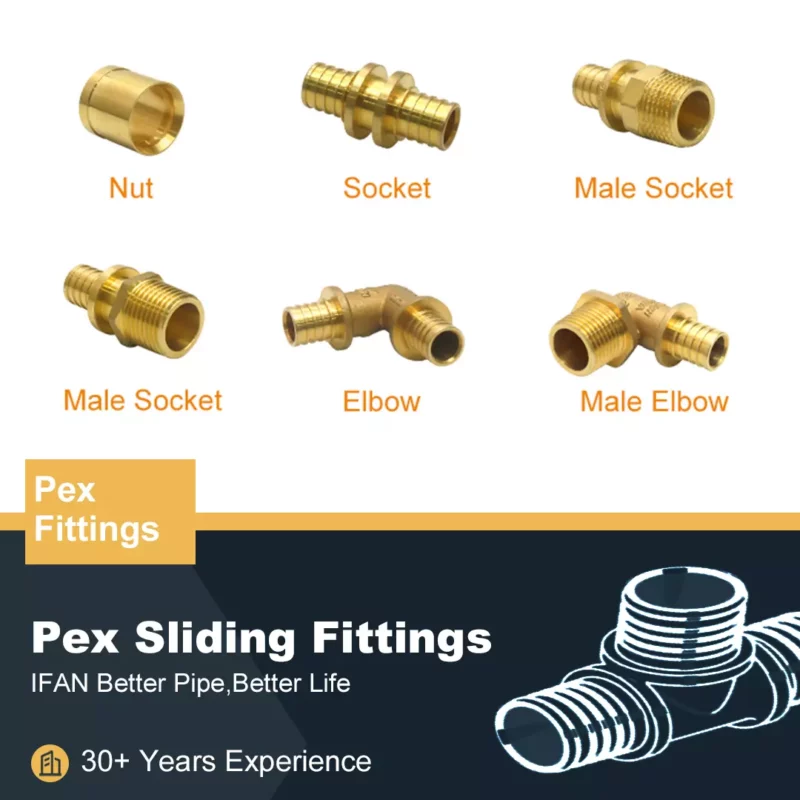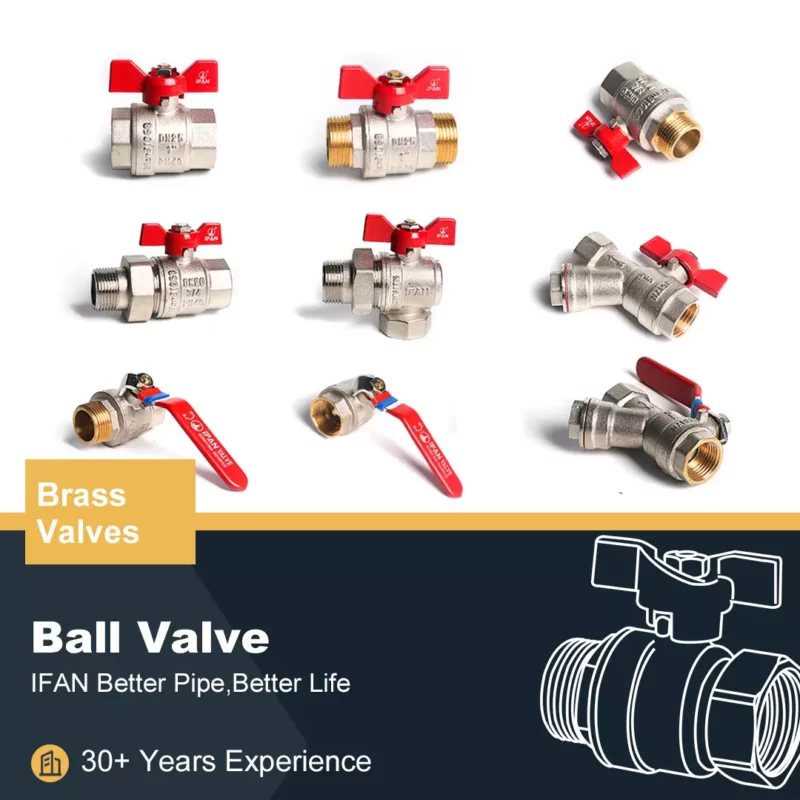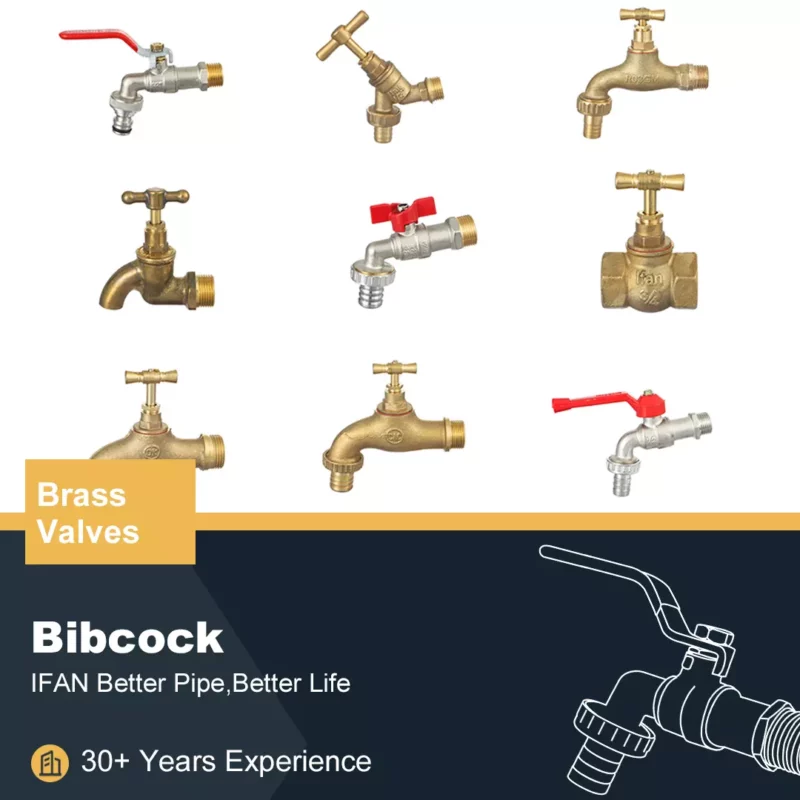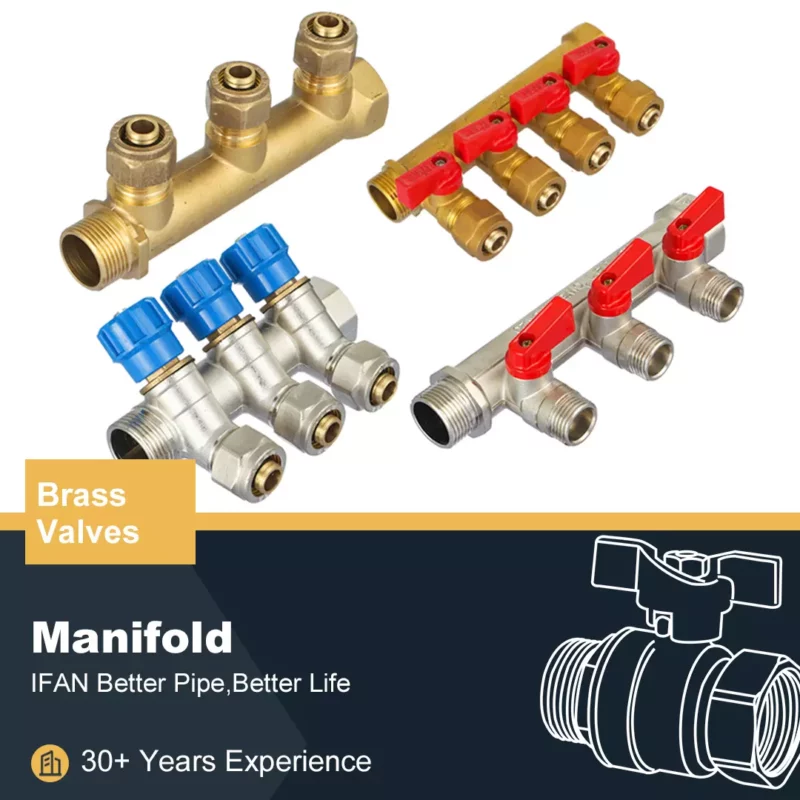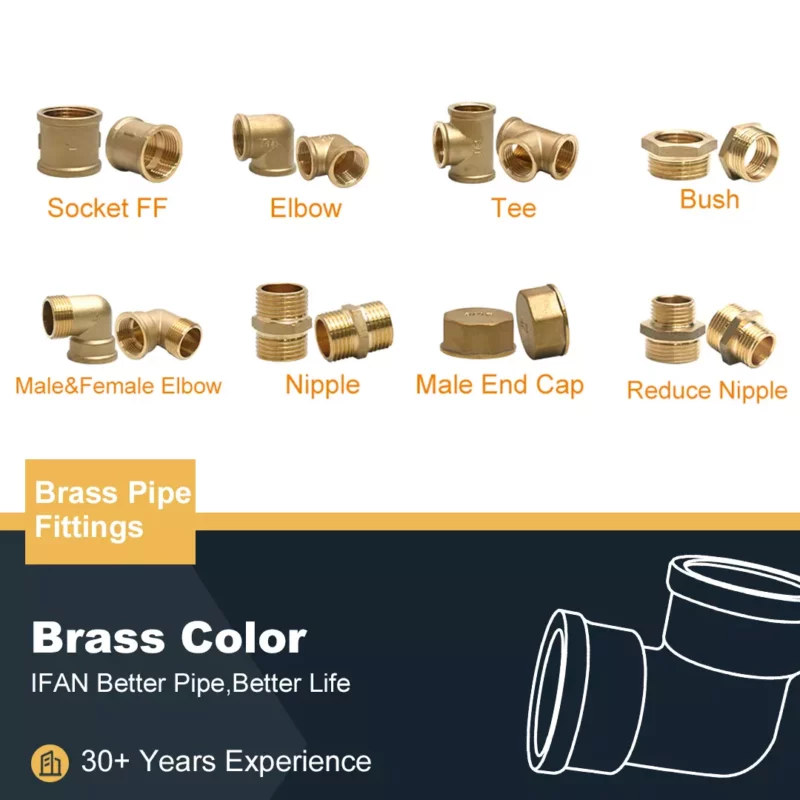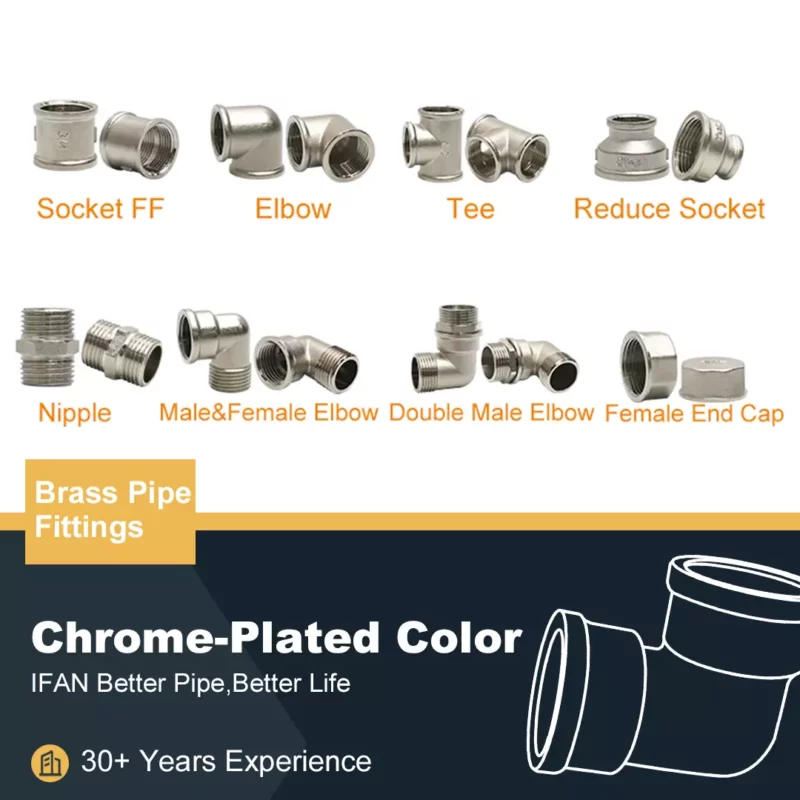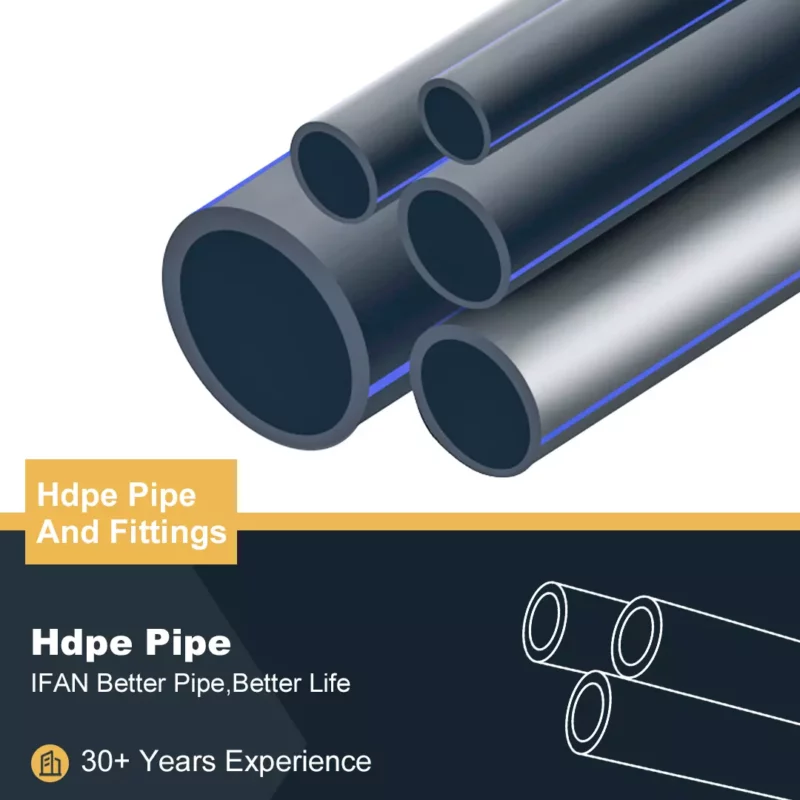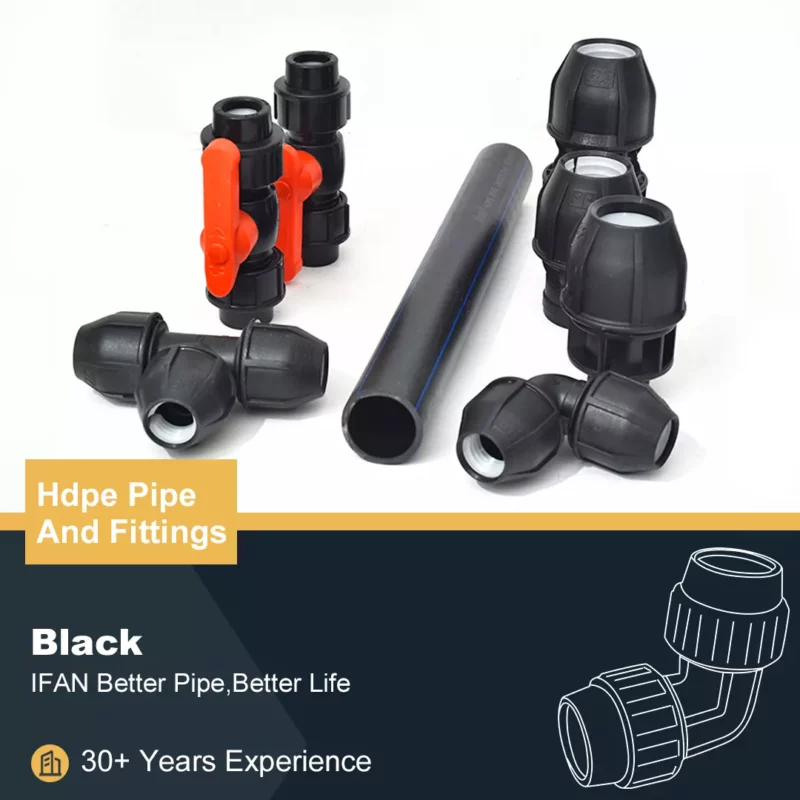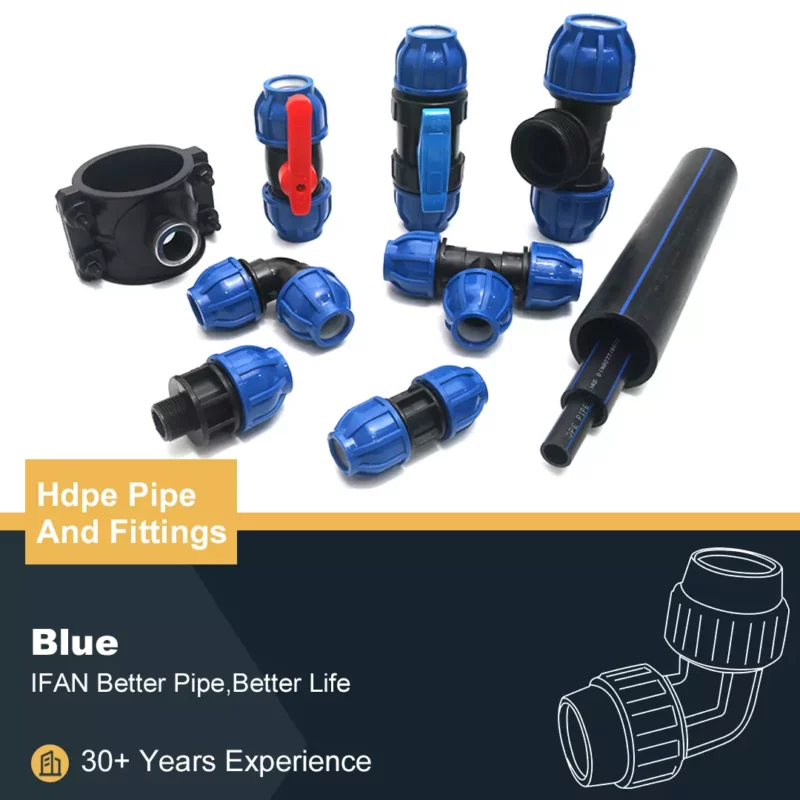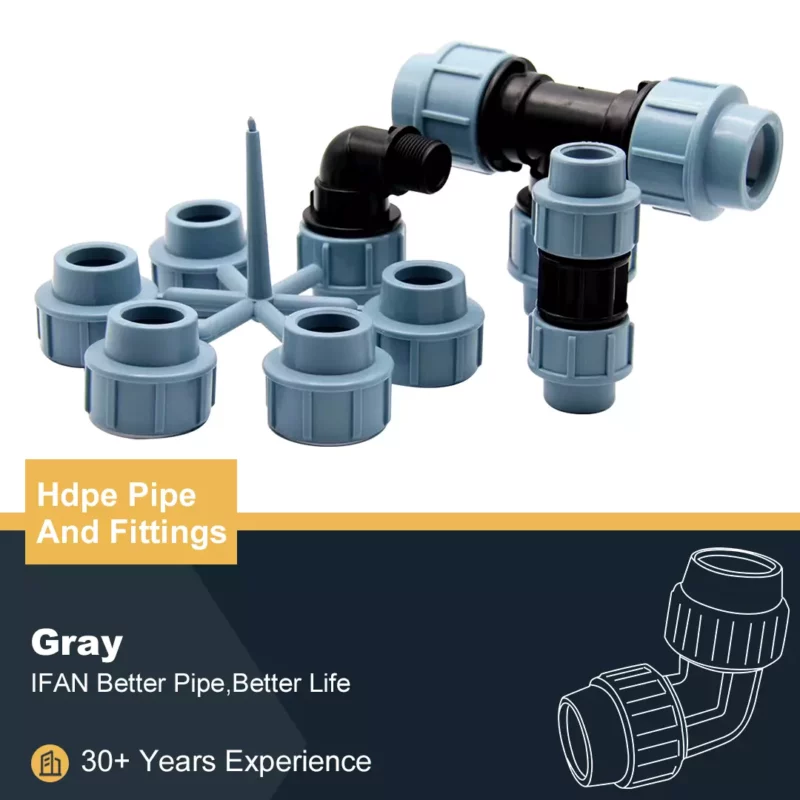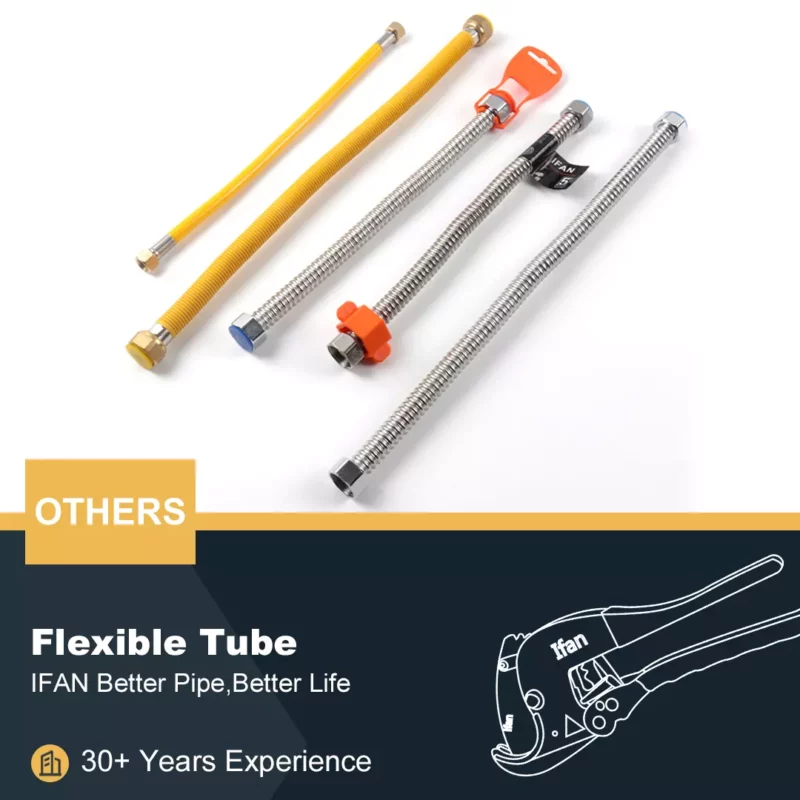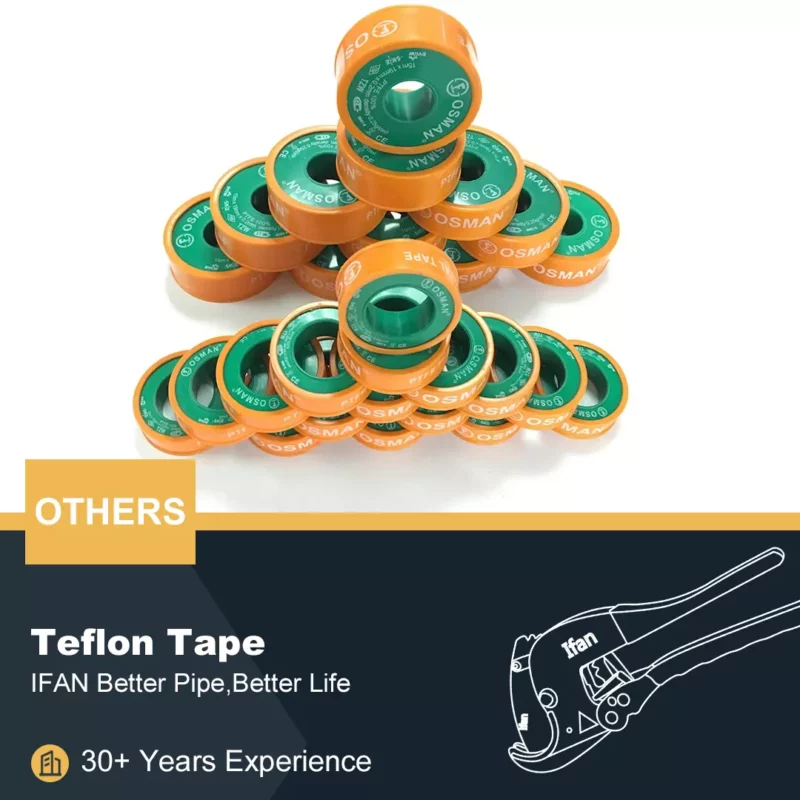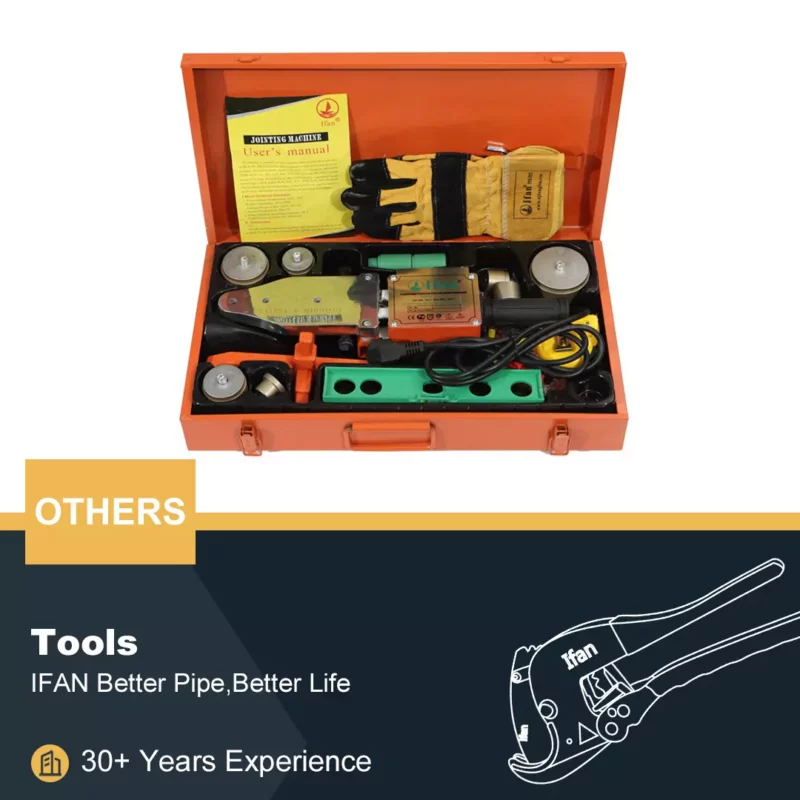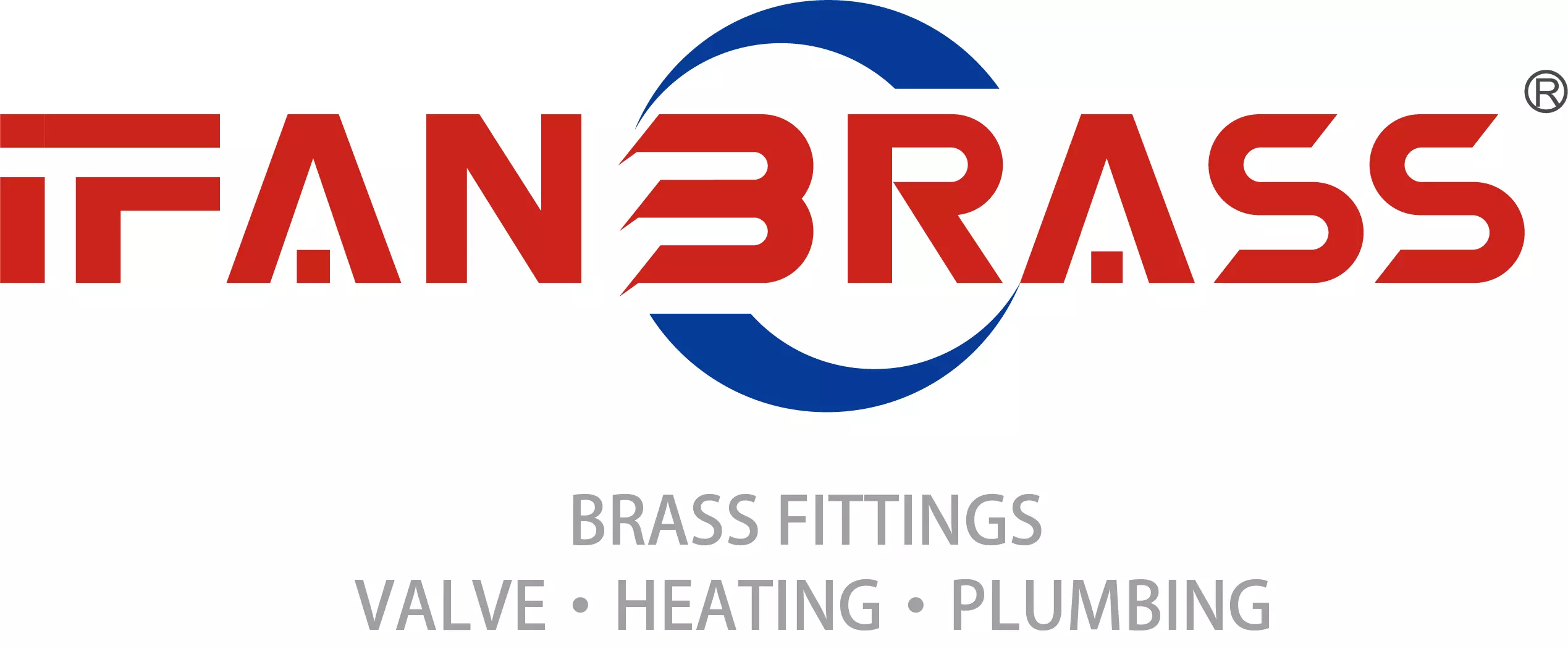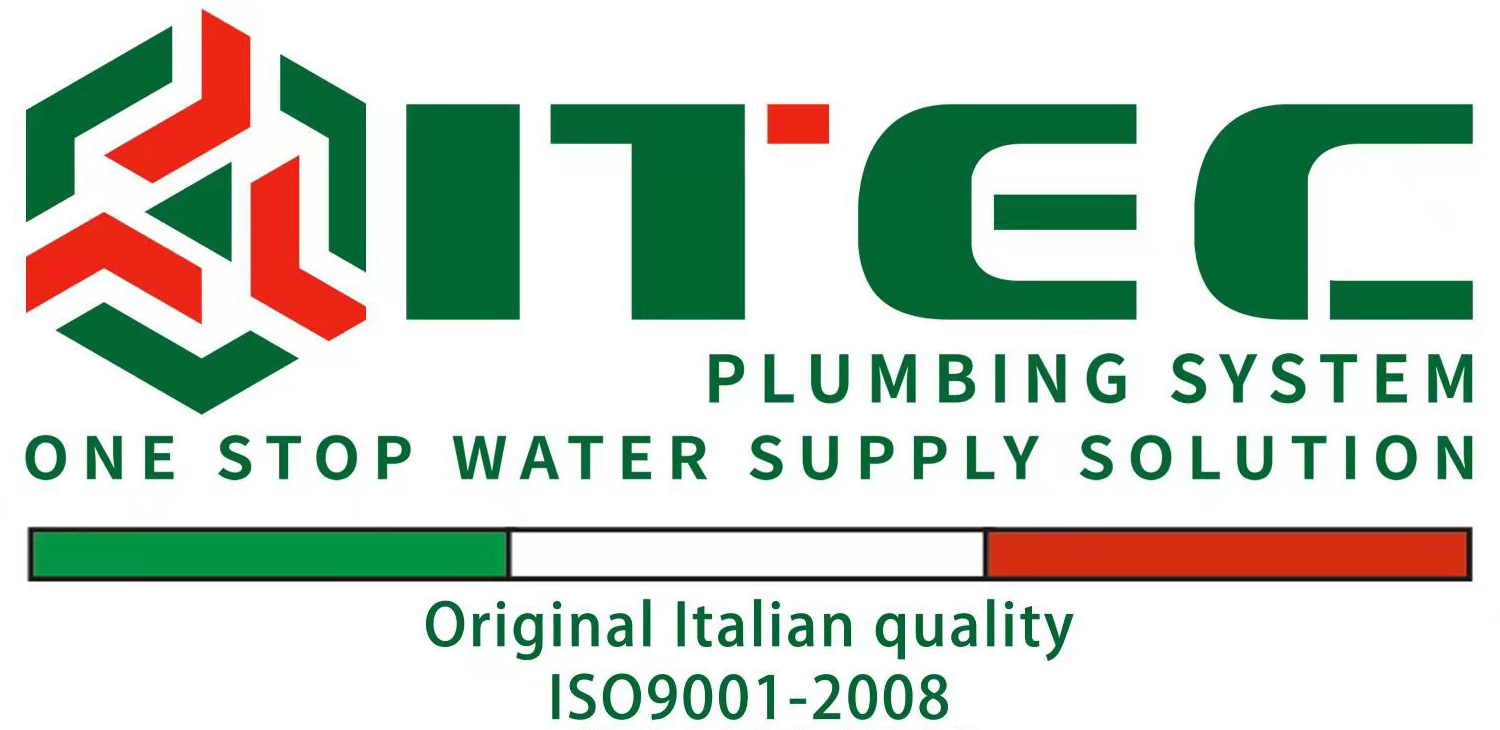Brass taps are renowned for their exceptional durability, making them a popular choice for various applications. Their robustness is attributed to several key factors.
Material Strength
Brass, an alloy of copper and zinc, provides excellent strength and hardness. This makes brass taps resistant to physical impacts and wear. For instance, in a high-traffic commercial kitchen, brass taps endure constant use and remain functional over time. The alloy’s hardness prevents the tap from denting or bending, ensuring long-term reliability.
Corrosion Resistance
One of the most significant advantages of brass taps is their corrosion resistance. Brass contains copper, which naturally resists rust and corrosion. In environments exposed to water and air, such as outdoor faucets or bathroom taps, brass remains unaffected by rust. For example, a brass outdoor tap will maintain its appearance and functionality despite exposure to rain and fluctuating temperatures.
Heat Resistance
Brass taps are capable of withstanding high temperatures without deforming or losing integrity. This property is particularly valuable in applications involving hot water. For instance, a brass tap in a commercial kitchen or a hot water system can handle temperatures up to 85°C (185°F) without damage. This heat resistance ensures that the tap performs reliably under demanding conditions.
Wear and Tear
Due to their solid construction, they are highly resistant to wear and tear. Frequent use, such as turning the tap on and off multiple times daily, does not lead to premature wear. For example, in busy public restrooms, brass taps continue to function smoothly even with heavy usage. The durability of brass helps maintain a consistent water flow and prevents issues such as leaks.
Quality of Construction
The durability of the is also influenced by their manufacturing quality. High-quality brass taps are crafted with precision, ensuring tight seals and reliable performance. For instance, a well-made brass kitchen tap will feature robust internal components that prevent leaks and drips. Attention to detail in construction contributes significantly to the overall longevity of the tap.
Maintenance Requirements
Brass taps require minimal maintenance to keep them in optimal condition. Regular cleaning and occasional polishing can preserve their appearance and functionality. For example, applying a mild cleaner and polish to a brass bathroom tap can prevent tarnishing and maintain its aesthetic appeal. The low maintenance requirements add to the overall convenience and durability of them.
Longevity in Various Environments
Brass taps demonstrate their durability across different environments, from residential to commercial settings. Their resistance to various environmental factors ensures consistent performance. For instance, in a coastal area with high humidity, they are less prone to degradation compared to other materials. Their ability to withstand diverse conditions makes them a versatile choice for many applications.
Cost-Effectiveness
Although brass taps might have a higher initial cost compared to some alternatives, their durability translates to long-term savings. Fewer replacements and repairs are needed over time, which offsets the initial investment. For example, a brass tap installed in a high-use location will outlast cheaper materials, making it a cost-effective option in the long run.
Conclusion
In summary, the durability of brass taps is a result of their strong material composition, corrosion resistance, heat tolerance, and high-quality construction. Their ability to withstand wear and environmental factors ensures they remain a reliable choice for various applications, offering both performance and longevity.
If you have read this article and have any questions, please feel free to contact IFAN. Below is our contact information:
Whatsapp:+86 13373827623
Email:[email protected]

